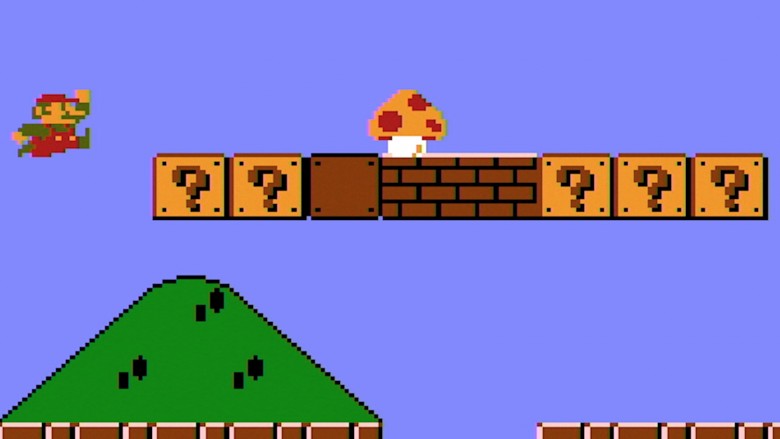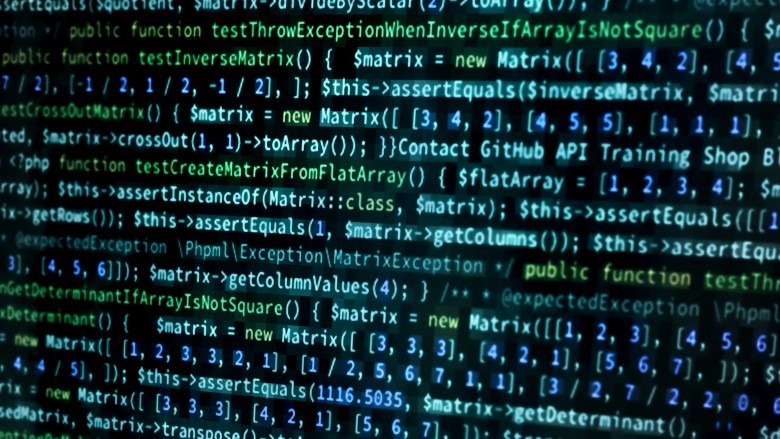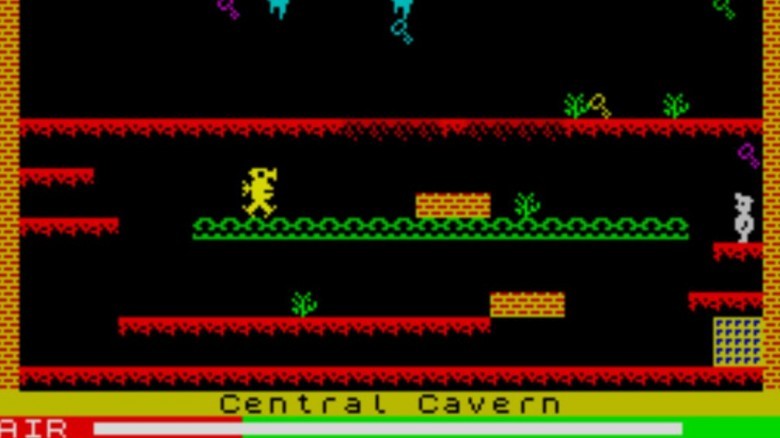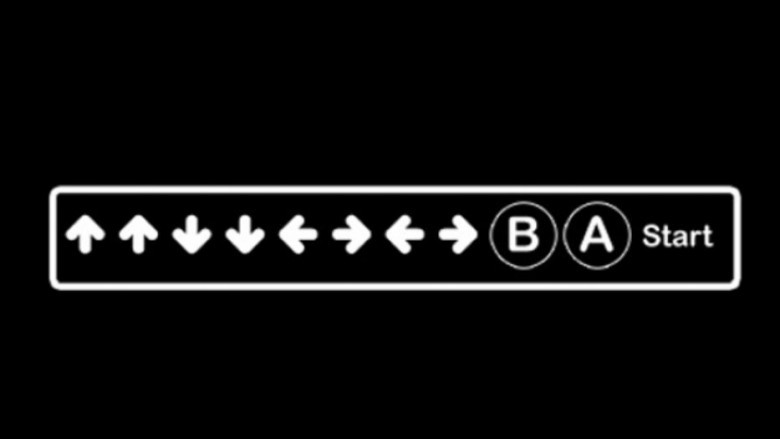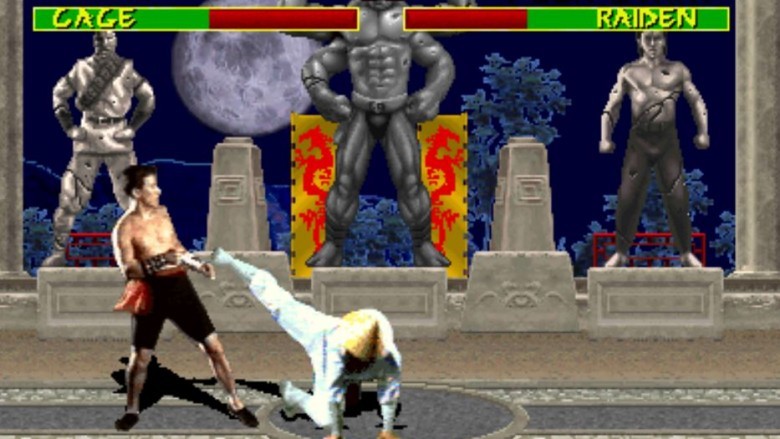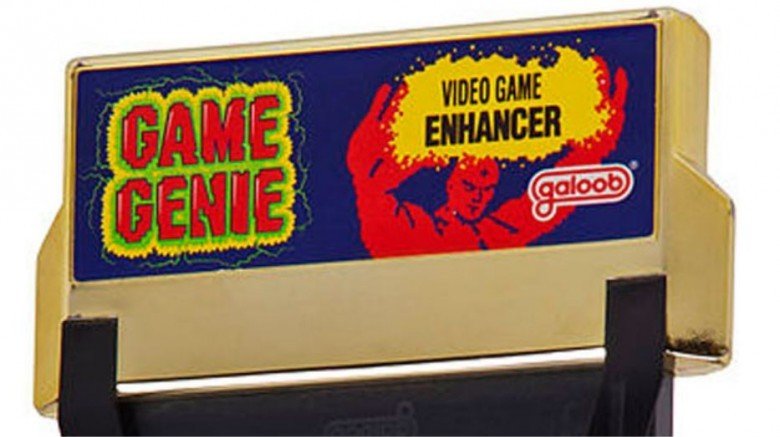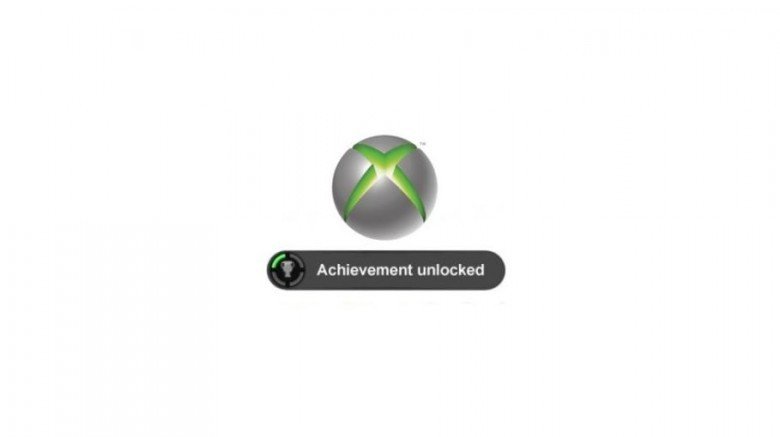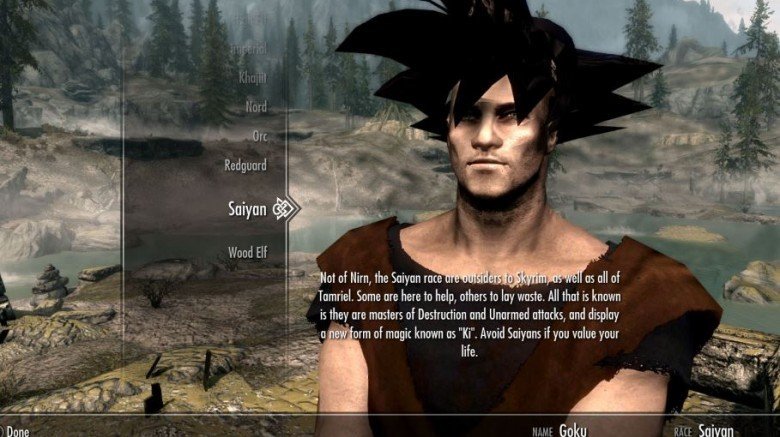The Untold Truth Of Cheat Codes
When a video game got too tough, or you just got bored of doing the same old thing over and over again, hitting a simple sequence of buttons could change everything. Kept dying on the fifth level? Put in the cheat code for infinite health. Are your trigger-happy tendencies causing you to always run out of bullets? Put in the cheat code for infinite ammo. Want to see what it looks like when all the characters have gigantic heads? Well, there's a code for that, too.
Cheat codes have been around for as long as there been video games. But how did they come about? How did word of their existence spread? Did game designers intentionally put them in, or are they accidental exploits? There's a lot of history behind cheat codes, and it's about time we revealed their untold truth.
They began with a lot of POKEing and prodding
Cheat codes started when tech-savvy gamers in the early days of the home console market would modify the values of a game's code by overwriting its memory and adding in numerical values that altered the gameplay experience. Players had to go through the arduous process of first finding individual lines of code, or POKES, as they were called, and changing them—then they'd cross their fingers and hope the new values did something. A lot of people wasted a lot of time with trial and error just so you could quickly and easily mash some buttons to have infinite health potions.
They were shortcuts that allowed everyone to cheat, even a game's developers
While cheat codes are just ways to give yourself an unfair advantage, that wasn't always their intention. Some cheats were added into games as shortcuts so developers could more easily navigate their game during testing. A cheat code was a quick and easy way to break the game for easier access to its individual parts. An example provided by veteran developer Chris Sorrell was a cheat that could kill a boss in one hit:
"You can't keep fighting the boss just to check if he correctly drops the special key as he dies, so you add a weapon super-power feature to kill him in one hit. Spending just a little time hooking up powerful cheats means that you save yourself–and everyone else working on a project–hundreds of hours of productivity time."
Often times these cheats were left in the game by accident, only later to be discovered by crafty gamers. One of the most famous debug cheats that made it into the final release was in a game called Manic Miner, released on the ZX Spectrum in 1983. Designer Mathew Smith used his driver's license number, 6031769, as the cheat code that unlocked a secret level select mode, allowing players (and Smith himself during development) to jump to any level.
Cheat codes soon hit the mainstream
Soon, POKEs—or cheat codes, as they would soon be more commonly known—made their way into video game magazines. Every gaming mag on the market had a section dedicated to listing every known cheat code of the most popular games of the month. Eventually, there was even a magazine solely dedicated to cheat codes, titled Tips and Tricks. With this came the development of cheats specifically inserted into games by developers as Easter eggs for players to unearth, read about in a magazine, or hear from a friend, that would let players add extra layers of fun to their experience as they pleased.
Enter the world famous Konami Code
Without a doubt, the Konami Code was the most famous cheat of all. By entering up, up, down, down, left, right, left, right, B, A, in Konami's 1985 classic side-scrolling shooter Gradius, designer Kazuhisa Hashimoto gave the player-controlled ship additional weapons. The code wasn't originally created with the general gaming public in mind, though: Hashimoto did it to give himself all the help he could get because without it, there was no way he could beat his own game. Just a few years later, the same code was used in the development of another Konami hit, Contra. Entering it gave players 30 lives rather than 3, which made the notoriously difficult game somewhat easier to beat. The code became so well-known, Konami went on to add it into dozens of its titles—and it's shown up in hundreds of games from scores of publishers over the years.
Cheat codes that fought the law
The 1990s were a golden era for cheat codes—a time when video games moved beyond the mainstream and became a dominant force in the American entertainment industry. With the new level of success came intense scrutiny that, in at least one instance, cheat codes were used as clever loopholes. When Mortal Kombat came under fire from politicians and parents' councils for its graphic depictions of violence and intense gore, its developers were forced to remove the game's nastier bits for its Sega Genesis release—sort of. Mortal Kombat for the Genesis was free of blood and guts...until a player entered the cheat code A, B, A, C, A, B, B, which restored the cleaned-up, family friendly, but-still-super-violent version of the game to its bloody arcade roots.
And then cheat codes got weird
As cheats grew more popular, they became more about players being able to alter games in ways that were more amusing and silly than useful. Case in point: big head mode. No one is quite sure which game was the first to include this ridiculous cheat, but credit for popularizing it goes to the NBA Jam series. Big head mode literally made characters' heads much larger than normal—and that's it. It gave players no greater strategic advantage, but it would later appear in in hundreds of games, even making appearances in classics like Goldeneye for the Nintendo 64 and, later, Microsoft's Gears of War series. Where the most useful codes gave players unfair advantages, others, like some featured in Grand Theft Auto III, actually did the opposite. Developers at Rockstar added a code that made all the citizens of Liberty City go into a blind, mouth-frothing rage from the moment they saw the main character, compelling them to attack the player on sight.
The Game Genie and GameShark made cheating too easy
The popularity of cheat codes reached its peak when companies started building hardware to let players more easily input their cheats. Enter the Game Genie and the GameShark. Both were cartridges that were to be sandwiched between the console and game cartridge, and they brought order and ease to the chaos of entering and activating cheat codes. A signal sent from the cartridge would be intercepted by a Game Genie or GameShark as it was on its way to the console; before it relayed the message to its final destination, the device would alter the game's code to the player's benefit. They made cheating easier than ever before.
Cheat codes forced Nintendo to accidentally spark an evolution in the way we cheat
It's no surprise that Nintendo sued Codemasters, the developers of the Game Genie—but not for the reason you'd expect. Nintendo claimed the device was creating an illegal derivative of their original games. When Nintendo lost the case, the gaming community at large interpreted as meaning one very important thing: modifying games after purchase was legal. Game Genies and GameSharks were, in essence, modding classic 8 and 16-bit games in real time. And if that was legal, then it must be legal to make a mod for Skyrim that gives all the female characters really big exposed breasts and turns all the dragons into Thomas the Tank Engine. The modding community of today's gaming world owes quite a bit to Codemasters.
Internet killed the magazine star
With the internet's rise to prominence, cheat codes went digital, and much of their moneymaking potential disappeared. Why would a monthly videogame magazine need to publish an entire section dedicated to cheats when there were websites dedicated entirely to cheat codes readily available 24 hours a day?
Over-achievements
Cheat codes aren't as prominent as they used to be, but it wasn't the internet that killed them. According to veteran videogame journalist Dan Amrich, the core satisfaction gamers were filled with when they used cheat codes was eventually duplicated and intensified by the achievement systems on Xbox Live, the PlayStation Network, and Steam. "Cheat codes were no longer the currency of hardcore gamers once Achievements appeared," argued Amrich. "They were another creative outlet for dev teams and they were required by Microsoft, so the effort that would go into cheats went into Achievements instead." Why brag about your knowledge or usage of the cheat code when you can brag about the things you've been able to accomplish in a game without cheating?
It's a modder's world
Cheat codes are far from extinct. They'll always exist in some form or another. Maybe not as a series of button-mashing combos, but as something else entirely. After all, if you can mod Skyrim to make your character invincible and turn your character into Link from the Legend of Zelda series and to swing Finn's sword from Adventure Time to fend off mudcrabs that have been modded to shout profanities when hurt, you're definitely still using cheats.

